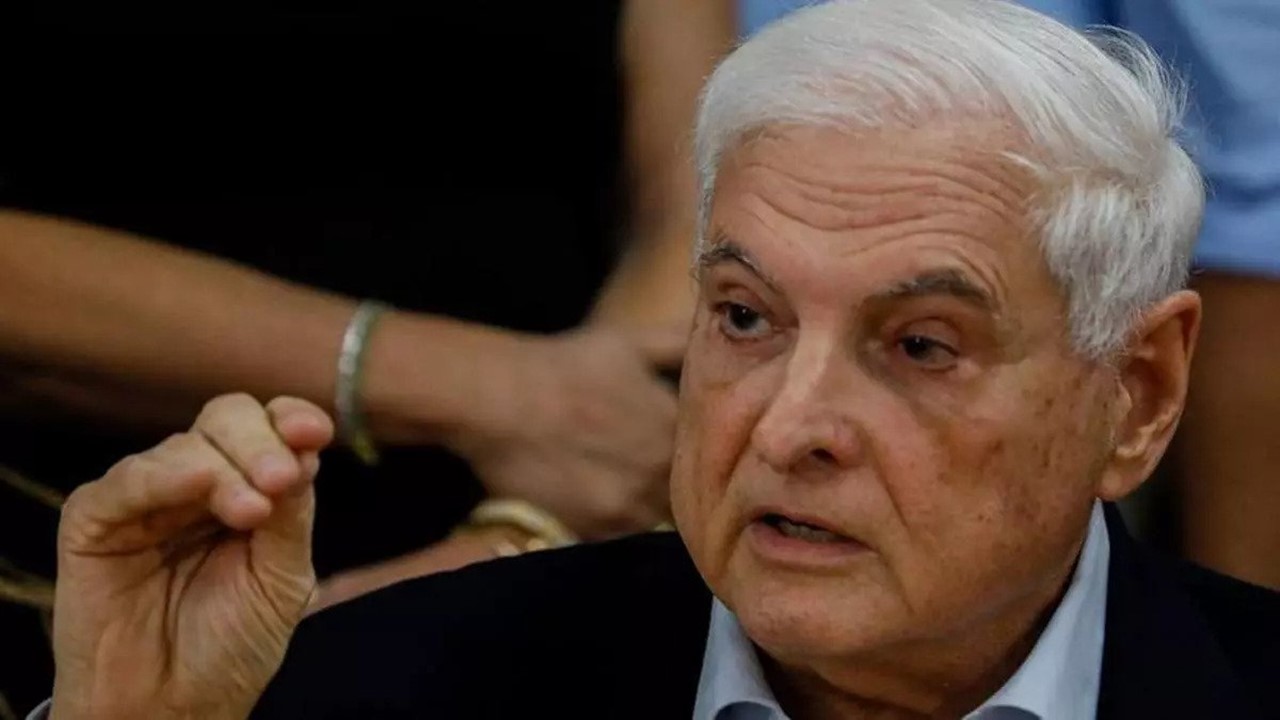Supreme Court rejects Martinelli’s ‘New Business’ appeal
The Plenary Session of Panama’s Supreme Court did not admit a written warning of unconstitutionality presented by the legal team of former President Ricardo Martinelli against article 254 of the Judicial Code that dictates regulations on the illicit nature of money laundering and criminal types that can be classified as precedents to said crime.
The ruling, which was announced on September 13, had a presentation by Judge Angela Russo with the approval of the nine judges that make up the Plenary Session of the Court
The former president's legal defense maintained that Article 254 was unconstitutional, since when the facts of the New Business case occurred, it was not in force, for this reason, it should not have been applied to it, his defense alleged.
Article 254 of the Criminal Book indicates the following: “Whoever, personally or through an intermediary, receives, deposits, negotiates, transfers or converts money, securities, securities, goods or other financial resources, reasonably foreseeing that they come from activities related to bribery. international (...)".
The article also indicates that for said actions he will be punished with a sentence of 5 to 12 years in prison.
In the New Business case, the Second Liquidation Court for Criminal Cases sentenced Martinelli to 128 months in prison and to pay a fine of $19.2 million for money laundering in the purchase of the shares of Editora Panamá América, SA (Epasa).
For the crime of money laundering. Janeth Vásquez, Valentín Martínez, Iván Arrocha and Daniel Ochy were also convicted.
In the same ruling, Judge Baloisa Marquínez issued an acquittal in favor of Gonzalo Germán Gómez, Iván Clare Arias, Aaron Ronny Mizrachi, Vernon Salazar Zurita, Salomón Btesh Btesh, Jack Btesh Hazan, Leo Cohen Mugrabi and Marcos Ángel Acrich and Nicolás and José Carlos Corcione Pérez Balladares.
These acquittals were appealed by the Specialized Prosecutor's Office against Organized Crime, which will have to be resolved by the Superior Court of Appeals for Criminal Cases.
